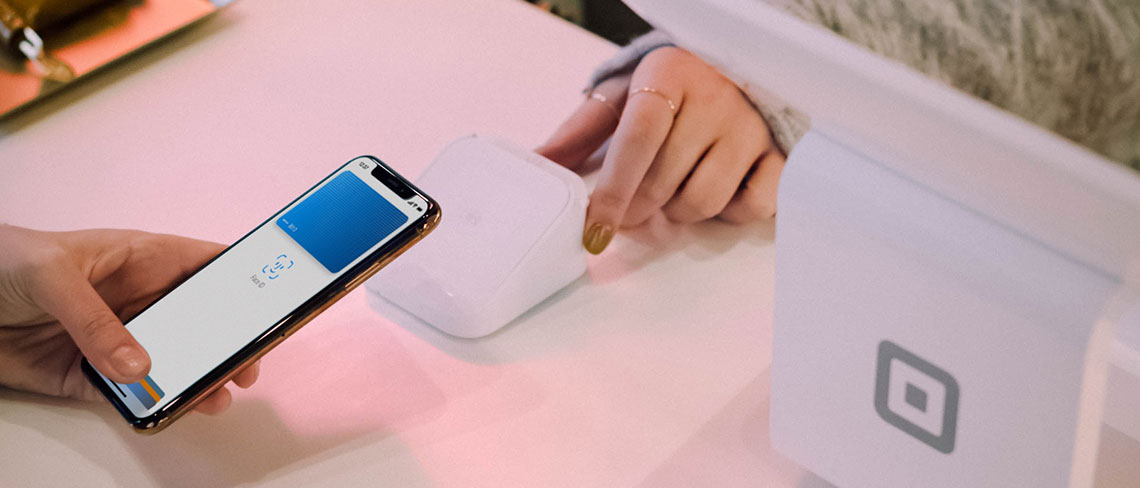
With the announcement that Android Pay is launching in the UK this March, paying with our phones or contactless cards is sure to reach an all-time high.
It’s easy to see why so many people have jumped on the bandwagon; that quick coffee with a tap of your card instead of counting out the change, or using your phone to pick up a bagel when you forget your purse; it speeds up what can be a tedious part of a transaction. TFL now report 1.2 million contactless payments per day using public transport in London. This time last year, 1 in 25 daily payments were made contactless, something which has jumped to only 1 in 7 today!
Of course it comes with its fair share of fears; a recent story of thieves using contactless machines to hold against people’s pockets and stealing small amounts has worried users over the safety of the technology. Of course the small limit of £30 means it would be hard to have a large amount taken but it raises issues as to how to keep yourself safe from fraud. And with charities now taking up this technology, such as Cancer Research having contactless collection tins to donate a few pounds with a simple tap of your phone or card, are they safe enough to prevent you details being stolen?
If contactless scares you, then take note that soon it won’t even be optional; banks such as RBS and NatWest automatically send out contactless cards unless requested not to, and have stated that if issuing non-contactless cards, they can’t be used at certain petrol stations or planes that only have contactless machines.
Fortunately, Which? have stated that fraud levels are low and are less than a penny for every £100 spend using contactless compared to higher levels with standard credit and debit cards. And if investing in a new wallet, making it foil lined can prevent any fraudulent activity at all.
However, seeing as one million people signed up to Apple Pay in its first three days, it will be interesting to see if Android Pay has the same influence in driving the use of contactless.
By Kara Godfrey






